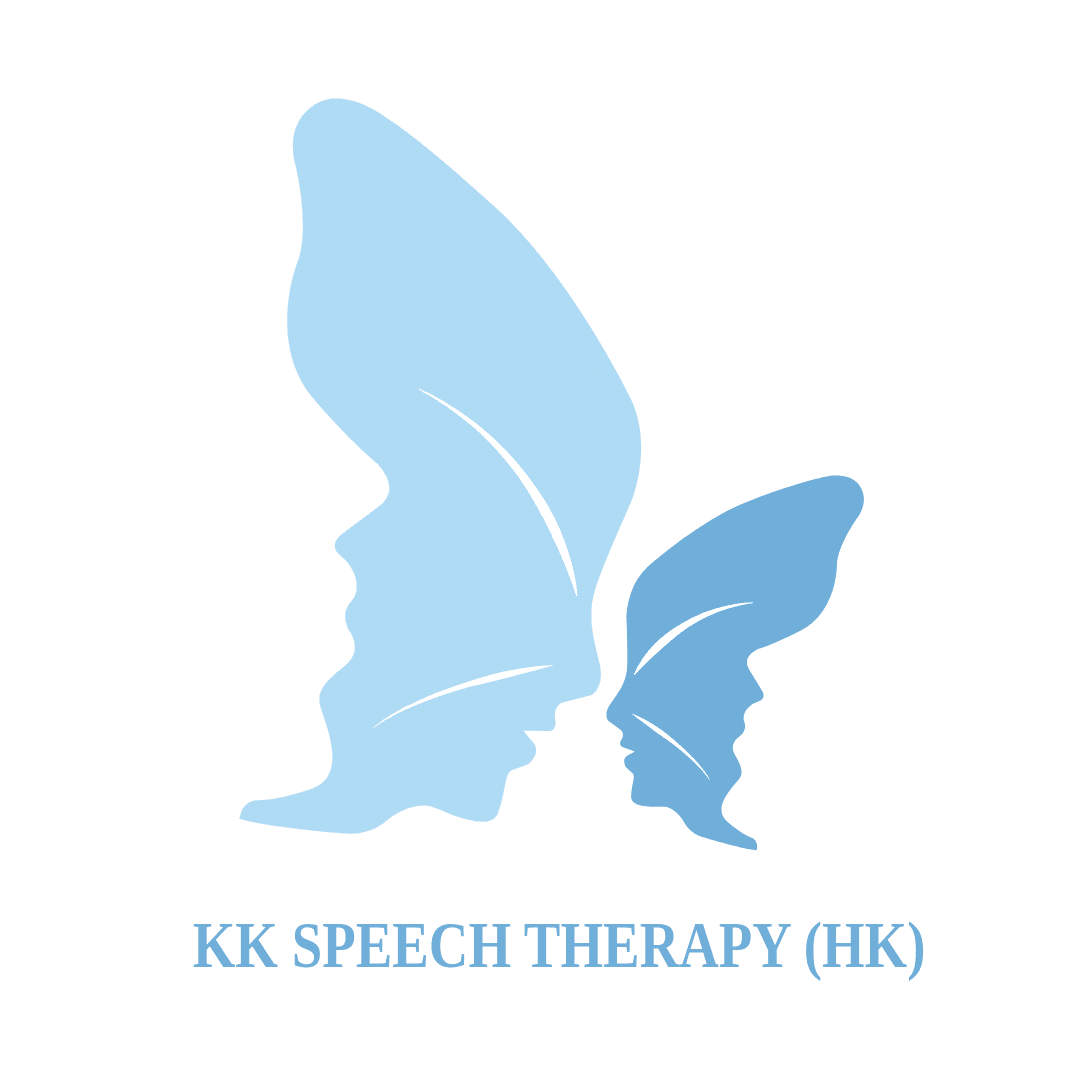Autism Spectrum Disorder
While Applied Behavior Analysis (ABA) therapy is widely recognized for treating behavioral issues of Autism Spectrum Disorder (ASD), the role of speech-language therapy is equally vital. Speech therapists play a crucial part in developing the communication, language, social skills, and related behaviors of children on the autism spectrum.



Communication and language deficits are a core challenge for many children with ASD. They may struggle with understanding language, using vocabulary to express themselves, engaging in reciprocal conversations, and interpreting non-verbal cues like body language and facial expressions. These difficulties can significantly impact their ability to interact, learn, and build relationships.
Speech therapists are uniquely qualified to evaluate an autistic child’s strengths and deficits in areas like speech, language processing, pragmatic language, and oral-motor skills. We can then develop an individualized treatment plan targeting the child’s specific needs and developmental level.
Evidence-based speech therapy techniques used may include:
- Visual supports and the Picture Exchange Communication System (PECS) to build functional communication
- Speech drills and articulation therapy to improve speech intelligibility
- Language intervention to expand vocabulary, sentence structure, and comprehension
- Social skills training through modeling, role-playing, video modeling, and peer training
- Play-based therapy and scripting to develop pragmatic language and conversational abilities
- Oral-motor exercises to improve feeding/swallowing if there are deficits
Beyond just working directly with the child, speech therapists at KK collaborate closely with parents, teachers, psychologists, occupational therapists and other professionals on the autism treatment team. This coordinated, multi-disciplinary approach is key for facilitating generalization of new skills across different settings.
![autism_img2[1]](https://www.kkspeechtherapy.com/wp-content/uploads/2024/04/autism_img21.webp)
Detailed Symptoms of Autism Spectrum Disorder (ASD) with Examples
Social Communication Challenges
- Difficulty in Conversations: Autistic individuals may struggle to start or maintain conversations. For example, a child might not respond when called or fail to answer questions appropriately.
- Understanding Social Cues: Difficulty in reading body language or facial expressions. They might not understand sarcasm or jokes.
- Forming Relationships: Struggling to make friends. For instance, they might prefer solitary activities or have trouble participating in group play.
Repetitive Behaviors
- Repetitive Movements: Actions like hand-flapping, rocking, or spinning objects. A child might wave their hands repeatedly when excited.
- Strict Routines: Insisting on the same daily routine. Any change can cause significant distress, such as eating the same food every day.
- Intense Interests: Focusing deeply on specific topics, like memorizing and reciting details about dinosaurs or train schedules.
Sensory Sensitivities
- Over-Reaction to Sensory Input: Extreme reactions to sounds, lights, or textures. Loud noises might cause discomfort or pain, leading to covering ears.
- Under-Reaction: Seeming indifferent to sensory inputs that typically draw attention, such as not noticing when their name is called.
Other Characteristics
- Motor Skills: Challenges with coordination. For example, difficulty in activities like catching a ball or riding a bicycle.
- Executive Function: Struggles with planning and organizing tasks. Completing multi-step activities, like getting dressed, can be challenging.
- Emotional Regulation: Difficulty managing emotions. They might have intense outbursts over seemingly minor issues.
Masking
- Concealing Symptoms: Some autistic individuals, particularly women, may hide their symptoms to blend in socially. This can be mentally exhausting and lead to anxiety or depression.
Recognizing the Signs of Autism Spectrum Disorder ( ASD)
Understanding and identifying the early signs of autism can lead to timely support and intervention. Here’s what to look for at different stages of development:
Early Signs in Infants and Toddlers
- By 6 Months: Limited smiling and eye contact.
- By 9 Months: Little sharing of sounds or expressions.
- By 12 Months: Minimal babbling, gestures, and response to name.
- By 16 Months: Few words.
- By 24 Months: Few meaningful two-word phrases.
Signs at Any Age
Loss of skills, avoidance of eye contact, preference for solitude, difficulty understanding feelings, delayed language, repetitive phrases, resistance to routine changes, restricted interests, and intense sensory reactions.
Taking Action
If concerned, learn the signs, use screening tools like the M-CHAT-R™, and consult a pediatrician for a professional evaluation. Early diagnosis and intervention are crucial for treating Autism Spectrum Disorder (ASD)

With early and consistent speech therapy, children with Autism Spectrum Disorder (ASD) can make significant strides in their overall communication and language development. This paves the way for improved social interactions, school performance, self-advocacy, and independence long-term.
If you have a child with autism spectrum disorder, including speech therapy services as part of their comprehensive treatment plan is highly recommended. Contact us now to book an assessment, let us open new doors for functional communication for your child.
